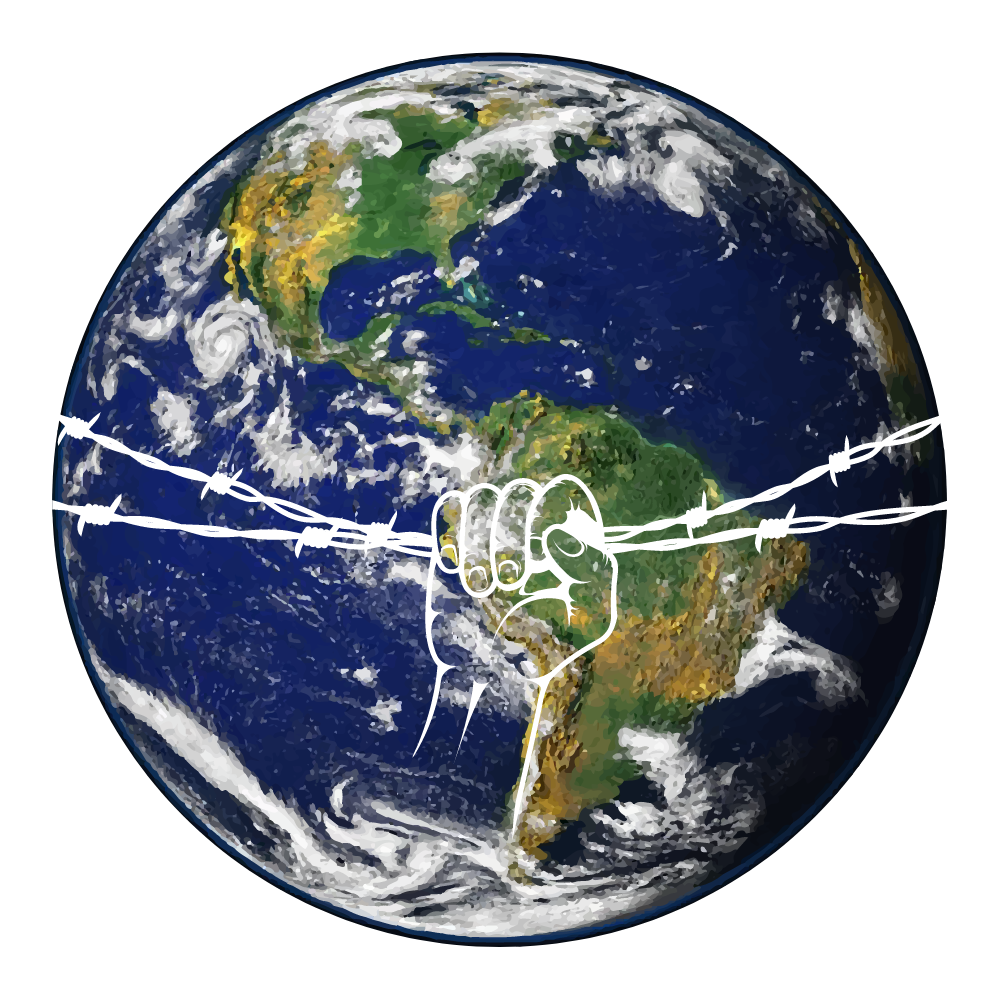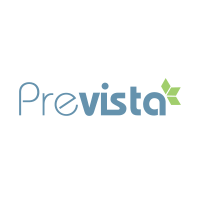SAFEGUARDING AT PREVISTA
What is safeguarding?
Safeguarding is the action taken to promote the welfare of all people and to keep them safe from harm.
At Prevista, keeping everyone throughout our organisation safe and sound is our priority. We adhere to all government policies surrounding safeguarding and aim to establish and maintain an environment where learners feel secure and listened to. We have a legal and moral obligation to safeguard and protect all students, and we will act quickly if there is any suspicion that a student is being abused, harassed, bullied, or neglected.
Internet safety is incredibly important in today's digital age. The internet has become an integral part of our daily lives, but it also presents many potential risks such as online predators, identity theft, and cyberbullying. Without proper precautions, individuals may unwittingly expose themselves and their personal information to these dangers. By being vigilant and cautious, individuals can help ensure their online activities remain secure and protect themselves from the potential risks of the internet.
Watch our video on the importance of online safety for everyone and our top tips for keeping safe online. Together for a better internet.
You can follow us on social media to view our campaign on online safety and for regular updates on keeping safe online.

OUR TEAM

Jo Newland
Designated
Safeguarding Lead

Cathy Bowdren
Deputy Safeguarding Lead

Mohamed Reffas
Safeguarding Officer
If learners feel they have been treated with a lack of respect, been harassed, discriminated against, or exploited in any way, then they must speak to their tutor or contact a member of the Safeguarding Team. If you as an employer have any safeguarding concerns, please report to our designated safeguarding team members.
Want updates on safeguarding information at prevista?
Sign up to our monthly newsletter.





